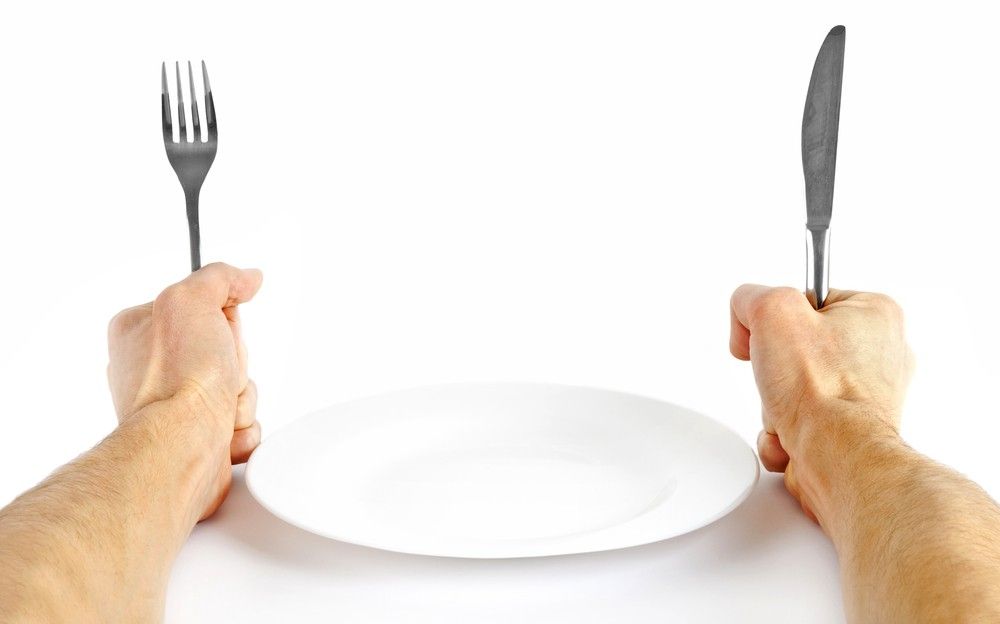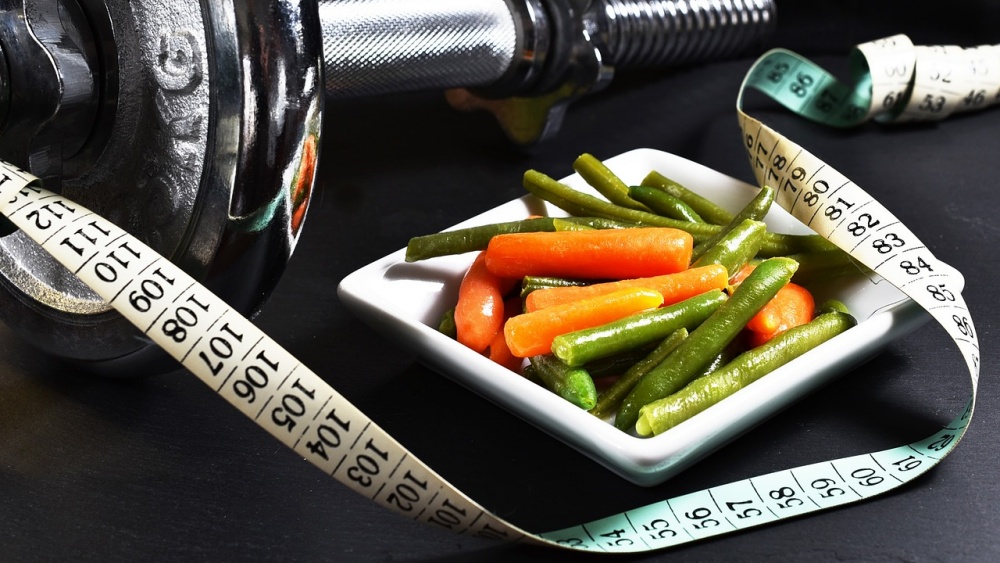One of the ways people try to lose weight and eliminate excess fat off their bodies is by restricting their daily caloric intake. However, overly restricting calories can lead to health issues like a weakened immune system, weakened bones, and reduced fertility.
A calorie is the amount of energy needed to raise the temperature of a gram of water by a degree Celsius. It is a unit of measurement of the energy your body derives from the food you consume.
Calories are needed to power your body’s essential functions, digest the foods you consume, and power physical activities such as martial arts training. Consuming more calories than your body needs leads to weight gain while consuming fewer calories than you need leads to weight loss.
Six Reasons You Should Not Focus On Counting Calories When Trying To Lose Weight
Let’s take a look at some of the ways being too strict with your diet can be harmful:
1) Slows Down Your Metabolism
Consistently consuming fewer calories than your body needs slows down your metabolism. The slower your metabolism is, the more likely you are to gain weight. Some researchers believe this decrease in metabolism is responsible for about 80% of people who lose weight with calorie-restrictive diets gaining the weight back.
One of the ways that being too restrictive with your diet slows your metabolism is by causing muscle loss. This is more likely to occur if your diet is low in protein or you don’t exercise regularly. Exercise, particularly weight lifting, helps prevent muscle loss when dieting.
Always consume more calories than your body needs to power essential functions to prevent your diet from slowing down your metabolism. Also, add resistance exercises and more protein to your diet to prevent muscle loss. Protein-rich foods are typically low in calories in any case.
2) Leads To Nutritional Deficiencies And Fatigue

A restrictive diet may lead to not getting adequate amounts of essential nutrients like vitamin B12, folate, and iron. Nutritional deficiencies and not getting enough calories typically lead to symptoms like fatigue. It also hinders athletic performance since your body isn’t getting the calories it needs to perform optimally.
A diet that highly restricts carbohydrates is more likely to cause fatigue since your body fuels itself by burning the sugars in carbohydrates.
3) It Lowers Fertility
Restricting your daily caloric consumption can cause fertility issues. It’s a problem that is more likely to affect women since ovulation depends on hormones like estrogen. Not having enough calories in the body leads to a decrease in luteinizing and estrogen hormones which regulate ovulation.
4) Weakens Your Frame

Not getting enough calories can lead to deficiencies of essential nutrients like calcium, which helps strengthen your bones. It also reduces estrogen and testosterone levels, two chemicals that play a role in bone formation.
A restrictive diet combined with exercise can also increase your stress hormone levels, leading to a loss of bone tissues. Bone loss in adults is sometimes irreversible, and it makes you more vulnerable to fractures.
5) Weakens Your Immune System
Counting calories too closely weakens your immune system, making you more vulnerable to illnesses and infections. This includes common viruses like the flu or common cold. Studies show that athletes who compete in sports that emphasize being lean, like gymnastics, are twice as likely to fall ill compared to athletes who participate in sports where leanness does not confer an advantage.
6) Hinders Muscle Growth

Being too restrictive with your caloric intake makes it harder to gain muscle mass. It can lead to all your hard work in the gym not getting you the desired results.
Your body needs a caloric surplus to optimize muscle gain, so trying to gain weight while losing weight is not a realistic expectation. It’s best to do things in cycles. Maintain a bulking phase for a few months if you’re trying to gain mass, then switch up to a diet more appropriate for fat loss to get rid of any extra fat you picked up with your muscle growth.
Not having all the calories you need also limits your performance in the weight room, reducing your muscle gain.
Getting The Correct Number Of Calories For Your Fitness Goals
Counting calories takes the fun out of meals, and it can be detrimental to your health. One of the keys to getting the most out of your diet is getting enough calories to power your basic bodily functions. This is known as your basal metabolic rate (BMR), and there are countless apps and online software you can use to estimate what that is.
Figure out your BMR and calculate how many calories you need to maintain your current body weight. Aim to consume somewhere between your BMR and what you need to maintain your body weight in calories. If your goal is to add muscle mass to your frame, try to get about 500 calories more than you need to maintain your current weight.
Some of the things you should be focused on when dieting instead of counting calories include:
- Balance Out Your Meals: You need to regularly consume the right balance of foods to ensure your body gets all the nutrients it needs. If you’re looking to lose weight, your meals should be about 50 percent non-starchy vegetables, 25 percent carbohydrates, and 25 percent protein.
- Focus On Portion Sizes: Take the time to measure out your meals, so you have an idea about how much food you’re consuming. We all tend to underestimate how much food we consume. What you think is only one cup of cereal might actually be three cups. Glance over the nutritional information on the packages of foods you consume and limit portion sizes based on your fitness goals.
- Prioritize Whole Foods: The quality of the foods you’re consuming matters more than quantity when you’re on a diet. Try to avoid processed foods with refined sugars and consume healthier alternatives like fruits, vegetables, and other whole foods.
You may also like:















